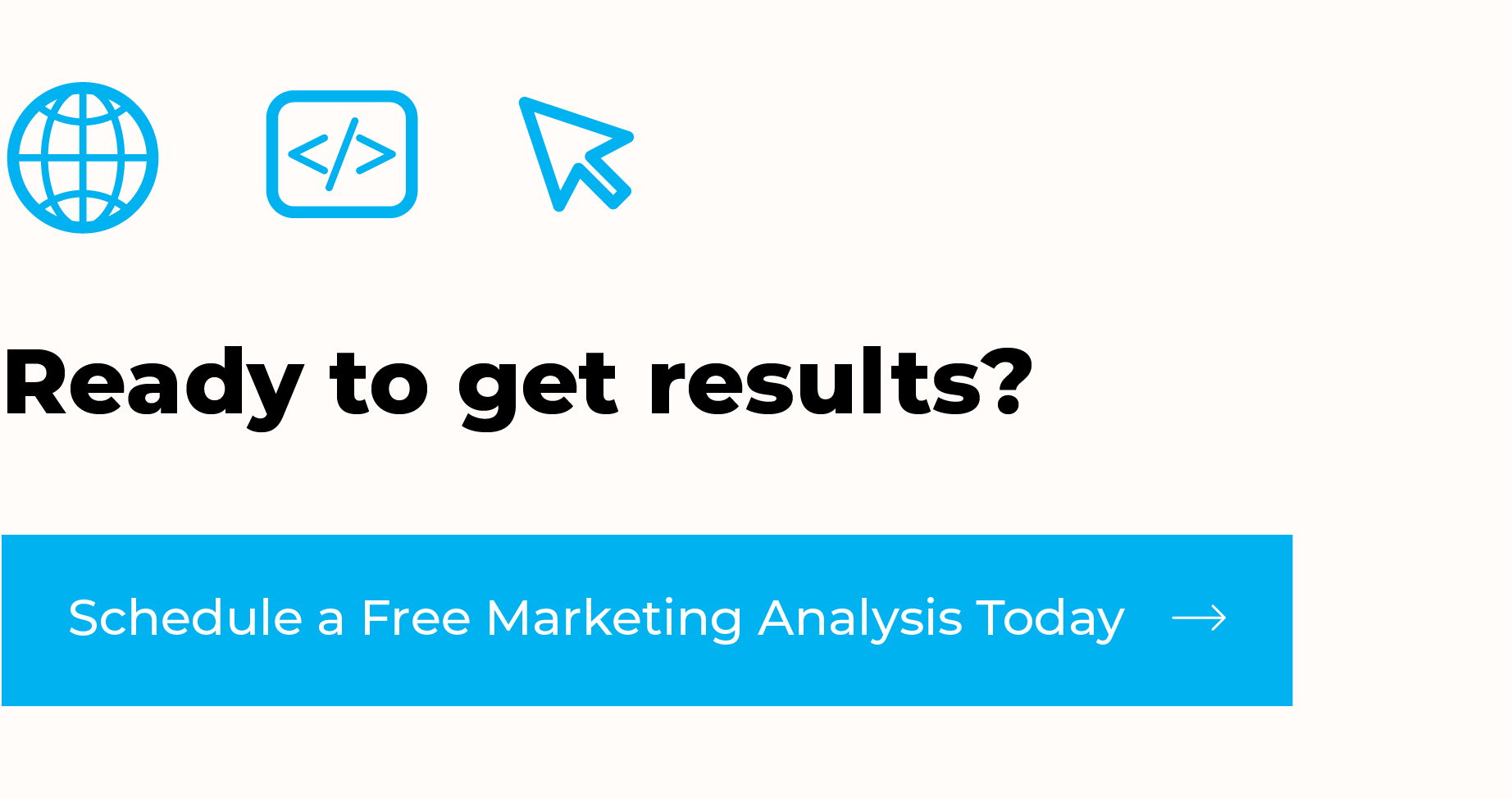In today’s competitive marketplace, understanding the best marketing strategy for a small business is crucial for achieving success and sustainable growth. Small businesses often operate with limited resources, so implementing a marketing strategy that maximizes impact while minimizing costs is essential. In this blog, we’ll explore the most effective marketing strategies for small businesses to help you stand out and thrive.

1. Understand Your Target Audience
A deep understanding of your target audience is the foundation of any successful marketing strategy. Knowing who your customers are enables you to tailor your marketing efforts to meet their needs and preferences. Start by creating detailed buyer personas that include:
- Demographics (age, gender, location, income, etc.)
- Psychographics (interests, values, lifestyle)
- Pain points and challenges
- Buying behaviors and preferences

Gather data and refine your personas over time using tools such as surveys, social media insights, and website analytics.
2. Leverage Content Marketing
Content marketing is a powerful and cost-effective strategy for small businesses. Creating valuable, informative, and engaging content can attract and retain a clearly defined audience. Here’s how to implement a successful content marketing strategy:
- Blogging: Regularly publish blog posts that address your audience’s questions and challenges. Optimize your content for SEO to improve visibility.
- Videos: Create videos that showcase your products, share customer testimonials, and provide how-to guides.
- Infographics: Use visually appealing infographics to present data and insights in an easily digestible format.
- Social Media: Share your content across social media platforms to reach a broader audience and encourage engagement.
Content marketing helps establish your brand as an authority in your industry, driving traffic and generating leads.
3. Utilize Social Media Marketing
Social media platforms offer an excellent opportunity for small businesses to connect with their audience and build brand awareness. Focus on the platforms where your target audience is most active. Key strategies include:
- Consistent Posting: Maintain a consistent posting schedule to keep your audience engaged.
- Interactive Content: Use polls, Q&A sessions, and live videos to interact with your followers.
- Paid Advertising: Invest in targeted social media ads to reach a broader audience and drive traffic to your website.
- Influencer Partnerships: Collaborate with influencers who align with your brand to expand your reach and credibility.
4. Invest in Search Engine Optimization (SEO)
SEO is crucial for improving your website’s visibility on search engines like Google. By optimizing your site for relevant keywords, you can attract organic traffic and increase your chances of converting visitors into customers. Essential SEO practices include:
- Keyword Research: Identify and use relevant keywords throughout your website content.
- On-Page SEO: Optimize title tags, meta descriptions, headers, and URL structures.
- Quality Content: Create high-quality, valuable content that addresses your audience’s needs.
- Backlink Building: Acquire backlinks from reputable websites to improve your site’s authority.
- Technical SEO: Ensure your website is mobile-friendly, has fast loading times, and uses secure HTTPS protocols.
5. Harness the Power of Email Marketing
Email marketing remains one of the most effective ways to nurture leads and maintain customer relationships. Build a strong email list by offering valuable content and incentives, such as discounts or exclusive offers. Effective email marketing strategies include:
- Personalization: Customize your emails based on the recipient’s preferences and behaviors.
- Segmentation: Divide your email list into segments to send targeted and relevant content.
- Automated Campaigns: Use automation to send welcome emails, abandoned cart reminders, and follow-up messages.
- Engaging Content: Craft compelling subject lines and provide valuable content encouraging recipients to act.
6. Implement Local SEO
For small businesses targeting a local audience, local SEO is essential. Optimize your online presence to attract local customers through:
- Google My Business: Claim and optimize your Google My Business listing with accurate information, photos, and customer reviews.
- Local Keywords: Use location-specific keywords in your website content and meta tags.
- Local Listings: Ensure your business information is consistent across online directories and review sites.
- Customer Reviews: Encourage satisfied customers to leave positive reviews on Google and other review platforms.
7. Track and Analyse Your Results
Tracking and analyzing your results is crucial to determine your marketing strategies’ effectiveness. Use tools like Google Analytics, social media insights, and email marketing analytics to monitor key performance indicators (KPIs) such as:

Regularly review your data to identify what’s working and what needs improvement. Adjust your strategies based on these insights to continuously optimize your marketing efforts.
Determining the best marketing strategy for a small business involves understanding your audience, leveraging content marketing, utilizing social media, investing in SEO, harnessing email marketing, implementing local SEO, and continuously tracking and analyzing your results. By adopting these strategies, small businesses can effectively reach their target audience, build brand awareness, and drive growth cost-effectively. Stay adaptable and refine your approach to stay ahead in the ever-evolving digital landscape.
Let us take your small business’s marketing strategy to the next level! Get in touch with us today!











